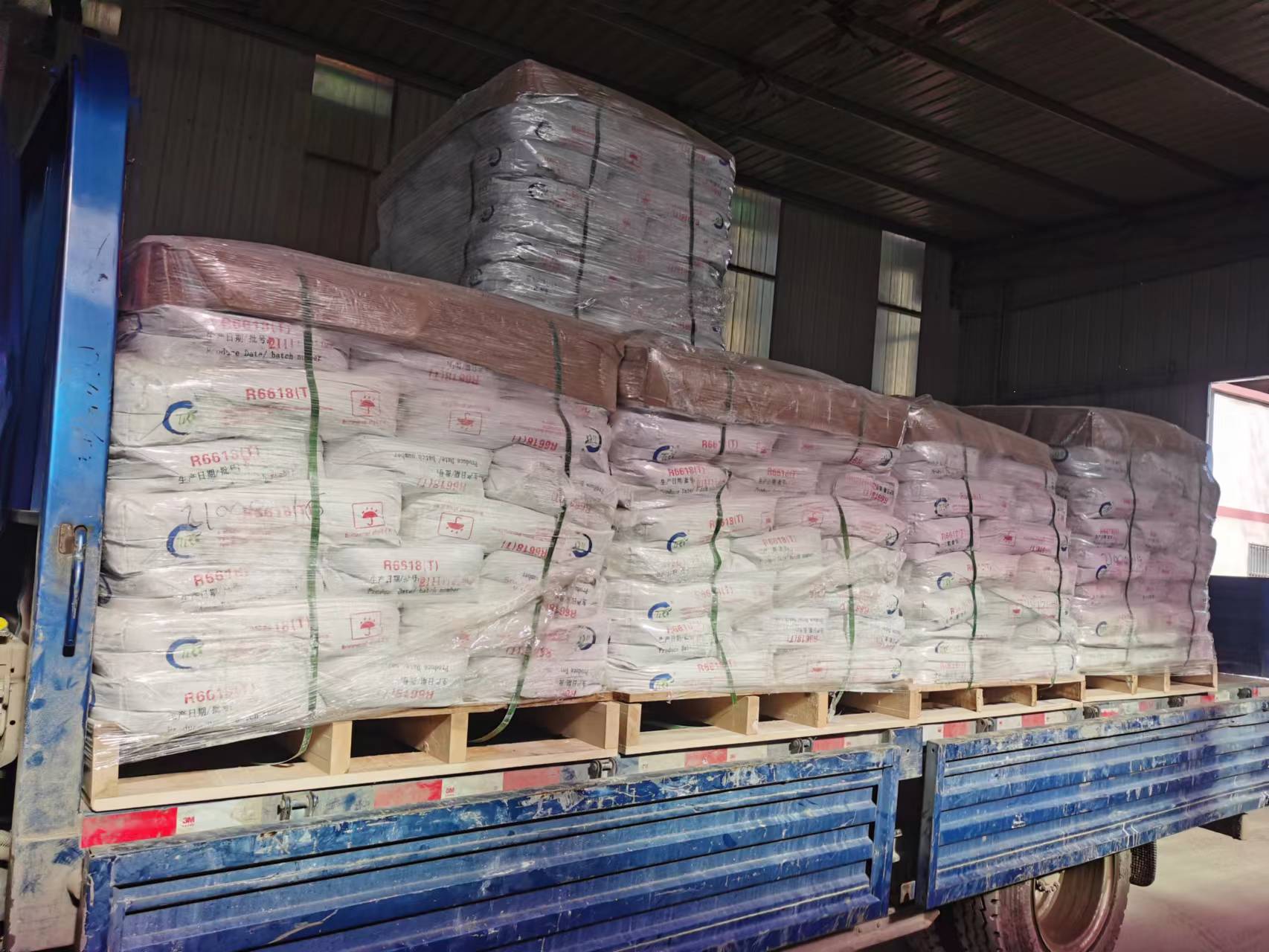
Th12 . 12, 2024 11:04 Back to list
ingesting titanium dioxide
The Impacts of Ingesting Titanium Dioxide
Titanium dioxide (TiO2) is a ubiquitous compound found in various products, from food to cosmetics and paints. It is renowned for its bright white color and UV-filtering properties. However, concerns have emerged regarding its safety, particularly when ingested. This article aims to explore the implications of consuming titanium dioxide, its sources, potential health effects, and regulatory perspectives.
Sources of Titanium Dioxide
Titanium dioxide is commonly used as a food additive, known by the E number E171. It is utilized in candies, baking products, and dairy products to enhance whiteness and improve opacity. Additionally, the compound is present in sunscreen, toothpaste, and various cosmetic products due to its effective sun-blocking properties. With its extensive application, the question arises how much titanium dioxide do we inadvertently consume in our daily lives?
Health Concerns
Research regarding the ingestion of titanium dioxide raises significant questions. A primary concern lies in its nanoparticle form, which has unique properties that may interact differently with biological systems. Scientific studies have suggested that inhaled titanium dioxide may pose respiratory risks, leading to lung inflammation and even cancer. However, the implications of oral consumption are still under scrutiny.
Recent studies have explored the gastrointestinal absorption of titanium dioxide. Some research indicates that nanoparticles could potentially cross the intestinal barrier, leading to accumulation in organs and tissues. This is particularly troubling, as we do not fully understand the long-term effects of such accumulation on human health. Some animal studies have suggested links between titanium dioxide ingestion and inflammatory responses in the gut, which could pose risks for conditions such as inflammatory bowel disease.
ingesting titanium dioxide

Additionally, concerns have been raised about titanium dioxide’s potential role as a carcinogen. The International Agency for Research on Cancer (IARC) has classified titanium dioxide as a possible human carcinogen when inhaled. However, the evidence surrounding ingestion remains inconclusive, leading to a complex discussion about its safety in food products.
Regulatory Landscape
The regulatory stance on titanium dioxide varies across countries. In the European Union, as of 2022, titanium dioxide has been banned as a food additive due to safety concerns. Prior to the ban, the European Food Safety Authority (EFSA) expressed uncertainty regarding its potential effects on human health, prompting policymakers to take precautionary measures.
Conversely, in the United States, titanium dioxide remains approved for use in food products, with the FDA considering it safe in regulated amounts. This contrast highlights the ongoing debate over the compound’s safety and the need for further research to establish clearer guidelines on its consumption.
Conclusion
The ingestion of titanium dioxide presents a multifaceted issue that warrants thorough investigation. While it is widely regarded as safe in regulatory environments, emerging studies suggest potential health risks that cannot be overlooked. As consumers, it is crucial to remain informed about the presence of titanium dioxide in food and personal care products, advocating for more transparency and research into its long-term health effects.
The conversation surrounding titanium dioxide serves as a reminder of the complexities inherent in food additives and the importance of vigilant monitoring. As scientific understanding evolves, so too should our policies and individual choices regarding the products we consume. Potential health implications necessitate a proactive approach to ensure that the safety of titanium dioxide is appropriately assessed, allowing consumers to make informed decisions in a world increasingly filled with synthetic compounds.
-
High Quality China Black Iron Oxide Powder Supplier Competitive Price & Fast Delivery
NewsJul.08,2025
-
High Quality Titanium Dioxide Used in Rubber – Trusted Supplier & Factory Price
NewsJul.08,2025
-
High Purity Barium Sulfate Particle Size - Wholesale Manufacturer from China
NewsJul.07,2025
-
Premium Titanium Dioxide Lomon R-996 Supplier – Quality & Wholesale Price from China
NewsJul.07,2025
-
Top Titanium Manufacturers in China - Quality Titanium Dioxide Supplier & Production Line Solutions
NewsJul.06,2025
-
OEM Titanium White Supplier & Factory – High Purity, Consistent Quality for Industrial Use
NewsJul.06,2025
